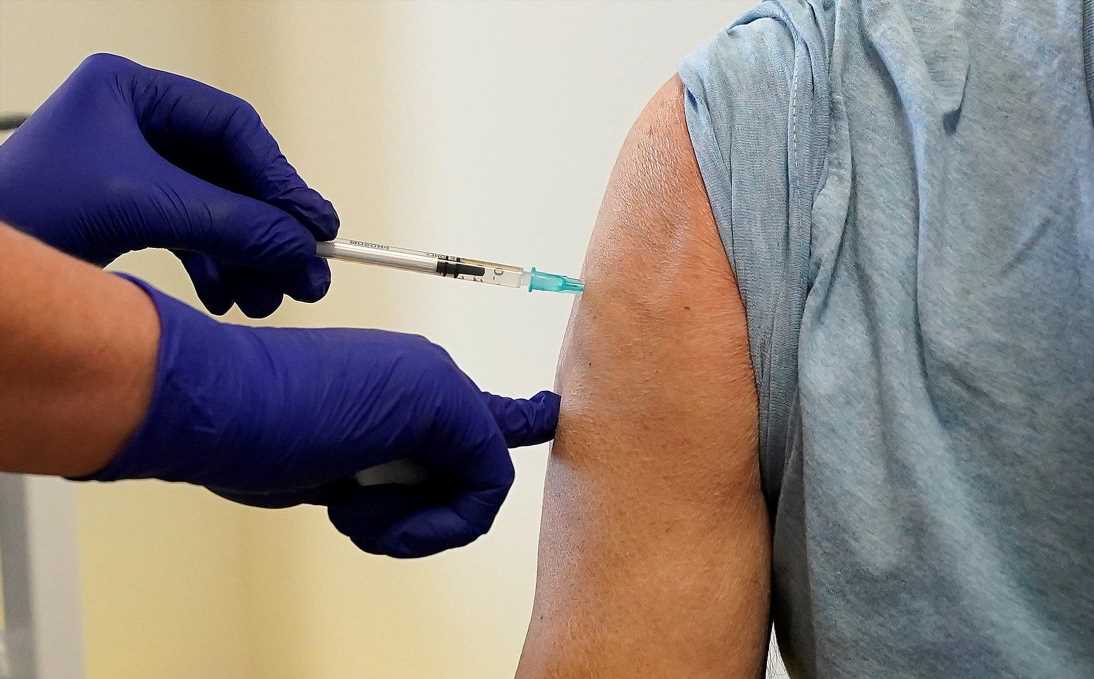THE Madeleine McCann case is the biggest missing person probe in recent history but worrying statistics show hundreds of young kids vanish in this country every day.
The charity Missing People says two-thirds of the cases it looks into in Britain relate to under 18s – ranging from horror abductions to teen runaways.
The campaigning organisation claims 140,000 children – that's 383 a day – go missing across the country every year.
And although many return within 24 hours some – like Maddie – are never seen again.
It comes as SkyOne documentary Searching for Madeleine reveals details of a secret Home Office report into the youngster's disappearance.
One of the most shocking statistics is the rise in the number of child abductions.
Statistics supplied to the Home Office show during 2016 there were 1,141 child abduction offences in England, Wales and Northern Ireland – a 15 year high.
The figure has more than DOUBLED since 2011 and the average age of abducted children by strangers was just 11.
Action Against Abduction claims that most of these cases are sexually motivated, yet many attempted abductions are still not reported to police.
However, offences by strangers are still quite rare – with the NSPCC pointing out that more than 90% of child sexual abuse is perpetrated by someone known to the child.
MOST READ IN NEWS
'DEVASTATING' Gran, 49, detained after grandson, 5, stabbed to death as family pay tribute
Seven bizarre claims in Andrew's defence that spark more questions than answers
Driver who killed knifeman says 'my instant thought was to protect mum'
Teen girl and boy found 'hanged' in woods with bodies found by dog walker
Geoff Newiss, chief executive of Action Against Abduction, said the "old fashioned scenario" of a man luring a young girl into a car has not changed all that much over the years.
One of the charity's report found three quarters of stranger abductions involved girls and more than two-thirds of stranger abductions involved a perpetrator in a car.
However, he said: "People tend to think of the very worst case scenarios – the Sarah Payne case or April Jones.
"They tend to think about murder. But there are a very small number of homicides".
Both eight-year-old Sarah Payne and five-year-old April Jones were abducted and killed by paedophiles.
Sarah was the victim of a high-profile abduction and murder in England in July 2000. The subsequent investigation became a prominent case in the United Kingdom.
Her murderer Roy Whiting was convicted in December 2001 and sentenced to life imprisonment.
April from Powys, Wales, disappeared on 1 October 2012, after being sighted willingly getting into a vehicle near her home.
A 46-year-old local man, Mark Bridger, was subsequently arrested and charged with Jones's abduction and murder and sentenced to life imprisonment.
Mr Newiss pointed to the "varying degrees" in severity of abductions, and of stranger-related offences.
He said: "Most are, or believed to be, sexual exploitation", but he said that the majority involve indecent exposure, touching or fondling.
Some 250,000 people go missing each year according to Home Office figures.
Among adults, those aged 24 to 30 were the most likely to be reported missing, followed by adults aged 18 to 23.
People in the 15 to 17 age group go missing most often.
Potential sightings in the Maddie case have totalled 8,685 across 101 countries.
How can kids stay safe?
Before children head out on their own, parents or carers should think about how well their children can deal with risks – from crossing the road to being out late. Make sure they are happy to venture out alone and set any boundaries you have – being clear about where you don't want them to go and why. Use an outing together as a trial run – let them take the lead and see how they cope. Show them that they can be trusted but don't feel pressured if you think they are not ready.
Ask yourself the following:
- Where and when do they want to go?
- What do they want to do there?
- Who's going to be with them?
- How far away are they going?
- What time will they be back?
- How can I reach them?
Source: NSPCC
Source: Read Full Article









